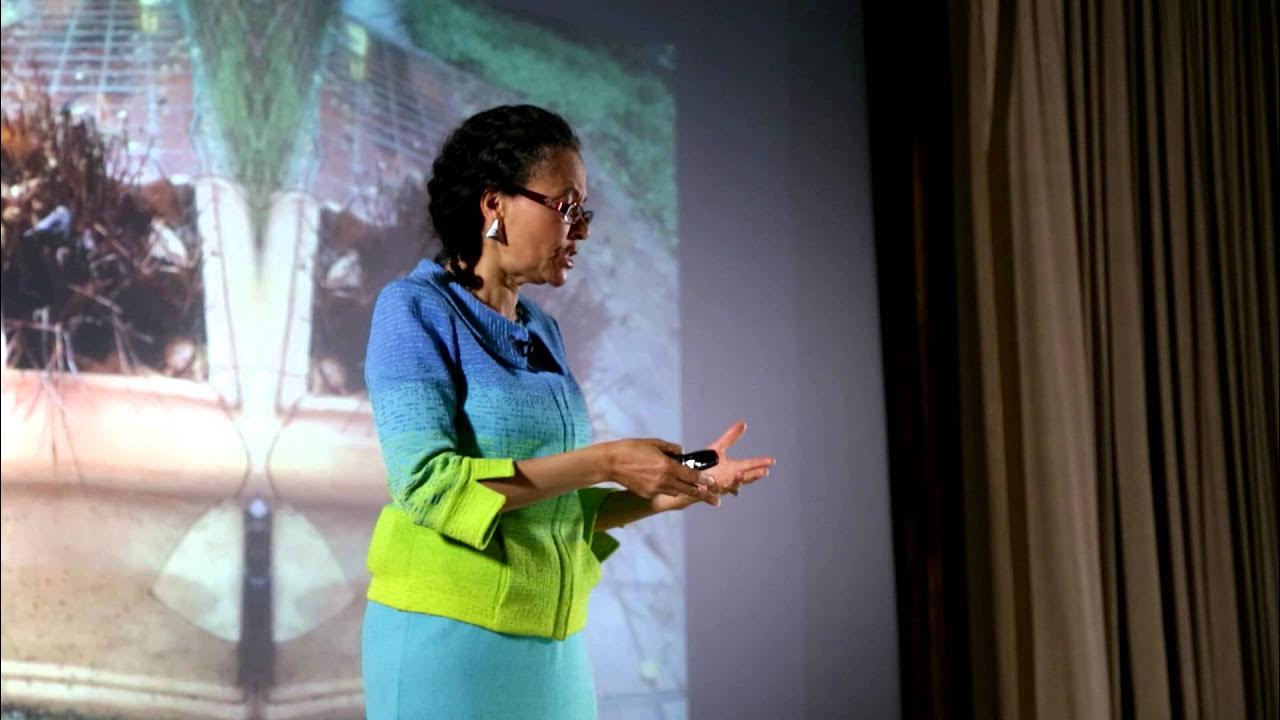Ciclo de Debates 2025 - Debate 4 - "Educação antirracista" - Mamadou Ba
Summary
TLDRThe speaker addresses the systemic nature of racism in Portugal, particularly within the educational system. Emphasizing the need for structural changes, they advocate for a collective acknowledgment of Portugal’s colonial past and its ongoing impact on racial inequality. The importance of revisiting national memory and history is highlighted, with suggestions for reforming education to foster inclusive, anti-racist values. The speaker also references the 'Declaration of Porto' as a key document for discussions on reparations, memory, and policy reform. Ultimately, they stress that education and a collective rethinking of memory are crucial to building a just and equitable future.
Takeaways
- 😀 The importance of memory in shaping society's future and collective identity is emphasized.
- 😀 Political agency is critical in preserving and interpreting memories, as it influences how we understand and construct our shared past.
- 😀 Memory is not just about remembering the past, but also about how we interpret and use that memory to build the future.
- 😀 In the United States, the role of memory is key in current political debates, especially concerning figures like Trump.
- 😀 The need for collective memory is central to defining societal values and actions, beyond just the historical past.
- 😀 The concept of ‘memory wars’ is discussed, where the way history is remembered and represented can influence political and social outcomes.
- 😀 The challenge of dealing with historical injustices and memory issues is crucial for creating a more just society.
- 😀 An inclusive approach to memory allows for diverse narratives and perspectives, essential for a united society.
- 😀 The Porto Declaration on reparations, memory, and education is suggested as a valuable resource for educators and the community to explore.
- 😀 The Porto Declaration highlights the importance of addressing reparations and the impact of historical memory in the educational context.
- 😀 The speaker encourages future dialogue and interaction based on the themes presented in the Porto Declaration, fostering ongoing reflection and action on memory and justice.
Q & A
What is the primary theme discussed in the transcript?
-The primary theme discussed is the importance of memory, collective memory, and the role of history in shaping the future. The speaker emphasizes how the interpretation of past events influences future societal projects and identities.
How does the speaker link memory with political agency?
-The speaker suggests that memory is not just a passive recollection of the past but has political agency. This agency allows for the construction of different narratives and archives, which can influence the common legacy and shared destiny of societies.
What is the significance of the 'Memorial to Memory' in the context of the discussion?
-The 'Memorial to Memory' serves as a metaphor for the ongoing process of remembering and interpreting the past. It is seen as a tool for discussing how the collective memory can help shape future societal actions and projects.
How is the current political situation in the United States used as an example?
-The speaker refers to the political situation in the United States, specifically the rise of figures like Donald Trump, to illustrate how memory and the interpretation of the past can influence contemporary political movements and societal divisions.
What is the relevance of the 'Declaration of Porto' mentioned in the transcript?
-The 'Declaration of Porto' is highlighted as a key document that addresses issues related to memory, reparations, and education. It is presented as a valuable resource for further discussion and action, especially within the school community, to guide future dialogues on these topics.
What role does education play in shaping collective memory, according to the speaker?
-Education plays a crucial role in shaping how collective memory is understood and passed on. The speaker encourages educators to engage with key documents, like the 'Declaration of Porto,' to guide students in critically interpreting the past and imagining future societal developments.
Why is it important to reinterpret the past, according to the transcript?
-Reinterpreting the past is essential because it influences how societies understand their identity and legacy. By reinterpreting history, societies can construct a more informed and equitable future, rather than being trapped by outdated or contested narratives.
What does the speaker mean by 'disputing memory'?
-Disputing memory refers to the ongoing debates and conflicts over how history is remembered and who gets to shape the narratives about the past. This process is politically charged and has significant implications for the present and future.
What is the speaker’s call to action for educators and the school community?
-The speaker urges educators and the school community to engage with the 'Declaration of Porto' and other related materials to foster discussions on memory, reparations, and education. This would contribute to creating a more informed and reflective society.
How does the speaker envision the role of memory in building future societies?
-Memory, according to the speaker, is central to constructing future societies. By understanding and interpreting the past, societies can build more inclusive, thoughtful, and just futures, avoiding the mistakes of the past while addressing past injustices.
Outlines

This section is available to paid users only. Please upgrade to access this part.
Upgrade NowMindmap

This section is available to paid users only. Please upgrade to access this part.
Upgrade NowKeywords

This section is available to paid users only. Please upgrade to access this part.
Upgrade NowHighlights

This section is available to paid users only. Please upgrade to access this part.
Upgrade NowTranscripts

This section is available to paid users only. Please upgrade to access this part.
Upgrade NowBrowse More Related Video

Becoming Antiracist training with subtitles (module 1a)

Doctors push for an end to racial discrimination in health care

Deconstructing White Privilege with Dr. Robin DiAngelo

Killer Mike's Emotional Speech at Atlanta Mayor's Press Conference (May 29, 2020)

What Happened to Al Mohler?

Allegories on race and racism | Camara Jones | TEDxEmory
5.0 / 5 (0 votes)